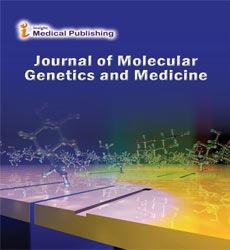Association Analysis of Kruppel like factor 1 (KLF1) and Secretion Association Ras Related GTPase 1A (SAR1A) Genetic Polymorphisms with Hydroxyurea Response in ò-Thalassemia Patients
Abstract
Hemoglobinopathies (including β-thalassemia) are common genetic disorders in Pakistan and worldwide, associated with life-long transfusion dependency and significant healthcare costs. The reported incidence of β-thalassemia disease is much higher in Pakistan causing a major healthcare burden on resource limited clinical settings in Pakistan. Hydroxyurea is the only FDA approved drug for ameliorating disease severity through fetal hemoglobin (HbF) modulation, however, inter-individual variability exists in response to hydroxyurea therapy determined by genetic and epigenetic factors. Therefore, the study proposed here aims to determine pharmacogenetics basis of hydroxyurea response in local β-thalassemia patients receiving hydroxyurea therapy, enabling differentiation of potential hydroxyurea responders and non-responders on the basis of systematic genetic profiling.
Open Access Journals
- Aquaculture & Veterinary Science
- Chemistry & Chemical Sciences
- Clinical Sciences
- Engineering
- General Science
- Genetics & Molecular Biology
- Health Care & Nursing
- Immunology & Microbiology
- Materials Science
- Mathematics & Physics
- Medical Sciences
- Neurology & Psychiatry
- Oncology & Cancer Science
- Pharmaceutical Sciences
